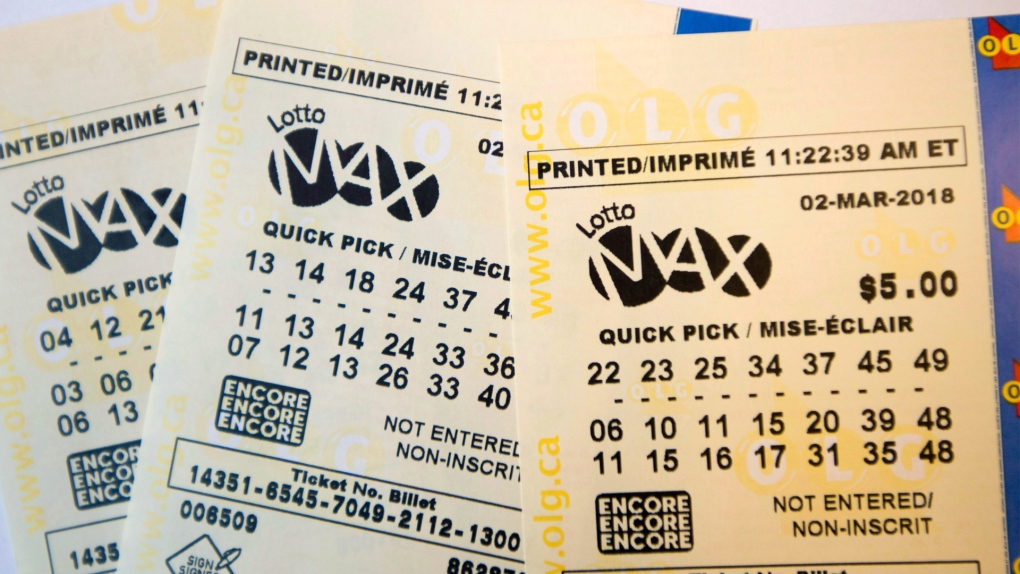
Lottery is a gambling game where players buy tickets for a chance to win big prizes. The games range from instant-win scratch-off tickets to daily draws and multi-state jackpots.
Lotteries are a form of gambling that can be found in most states and the District of Columbia (D.C.). Many people believe that they are a tax on the poor, but in fact they are not.
The history of lotteries dates back to ancient times, when they were a popular way for towns and countries to raise money for their projects. They have been used to fund public works and colleges, as well as for charitable causes. They are now widely popular in the United States and have become a major source of revenue for many governments.
Some people say that lotteries are a form of gambling, but they don’t involve skill. This belief is based on the idea that lottery games are a random draw, and are purely determined by chance. In fact, most lottery games have odds that are surprisingly low.
Most lottery tickets cost less than $10, which makes them very affordable for most Americans. They can also be a good source of extra income to help pay off debts or build up an emergency savings account.
However, there are some things to keep in mind when playing the lottery. For one thing, it is important to choose the right kind of lottery game. Choosing the wrong game can lead to bad luck, as you might not be able to pick the right numbers.
Another important point to remember is that if you are playing the lottery for financial reasons, you should not purchase more than you can afford. It may be tempting to go for the mega-jackpot, but you should not do this if you’re trying to save your own money.
You can improve your odds by learning a few tricks of the trade, like picking winning numbers or playing with the annuity option in some lottery games. The annuity option means that the winner will receive a first payment and then annual payments for three decades. The prize will grow each year, and you will be able to collect your winnings at a later date if you die before receiving the final payout.
In addition, you should be careful when you decide to play a large-scale, multi-state lottery, such as the Mega Millions or Powerball. Rollover jackpots increase ticket sales, but they also lower the odds of winning.
Using the expected value method can help you determine whether or not it is worth it to play the lottery. If the total utility of the monetary gain exceeds the disutility of the monetary loss, then it is worth it to play.
The Vinson Institute of Public Policy at the University of South Carolina has done a study that reveals that people in high-school-educated and middle-income communities tend to be “frequent” lottery players. The researchers also find that people living in zip codes with predominantly African-American populations spend more on lottery tickets than their counterparts in white or Hispanic neighborhoods.